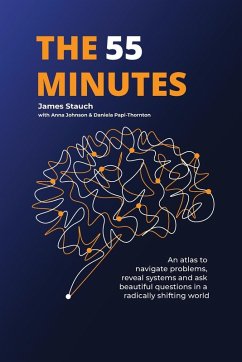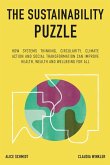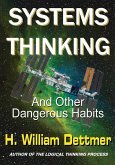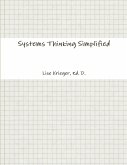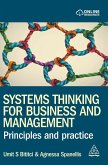Albert Einstein is credited with saying, "If I had an hour to solve a problem, I'd spend fifty-five minutes thinking about the problem and five minutes thinking about solutions." This book is about how to use those metaphorical first fifty-five minutes wisely. If we want to be successful when we innovate, act, or try to "change the system," we need to get serious about understanding the problem. But problems don't exist in a vacuum. They are enmeshed and ensnared in complexity. Moreover, the kinds of problems we face in our workplaces, institutions, and society at large are the results of systems. Unfortunately, the world that most of us inhabit is focused on those last five minutes-rushing headlong toward a "solution" without having understood the problem. This happens in virtually every industry, organization, and sector of society. It's one of the reasons most new businesses fail, most public policies are reactive, and "innovation" (whether commercial or social) spends far too much time in the unicorn-seeking land of hackathons, design sprints, and slick pitches, where confident answers make poor substitutes for authentic understanding. We work in "solutions-driven" companies, we expect governments to deliver rapid fixes, and we ask schools to teach and test for the "right" answers, instead of asking new and better questions. This book is an "atlas," an expansive compendium of foundational practices, concepts, frameworks, and tools for mapping and navigating systems. It will help you ask better questions and see deeper forces beneath the problems and symptoms visible on the surface. To those who lament that "the system is broken," "the system is rigged," or "it's a systemic problem," this is a guide to understanding those systems and hopefully feeling less helpless, alienated, and confused. The world is not linear, binary, or static. It is rich with complex systems, and it is changing rapidly and radically. But in order to keep up, we need to slow down and think. Set your watch to The 55 Minutes-your compass amid complexity.
Bitte wählen Sie Ihr Anliegen aus.
Rechnungen
Retourenschein anfordern
Bestellstatus
Storno

